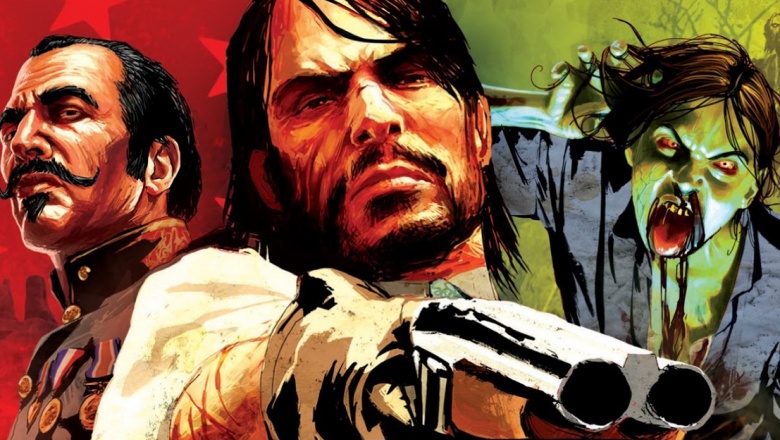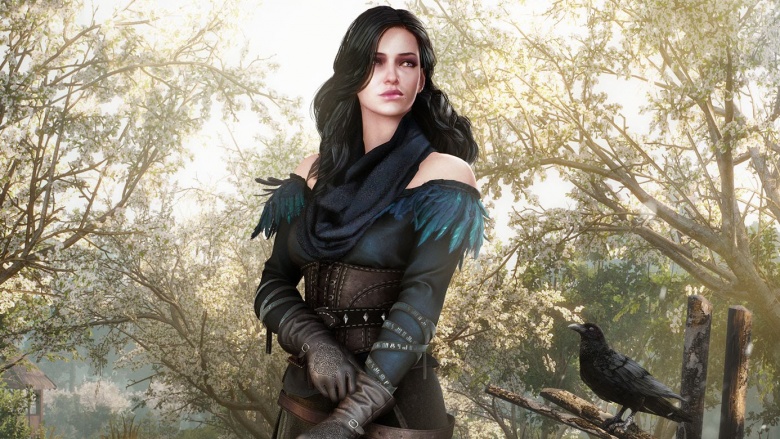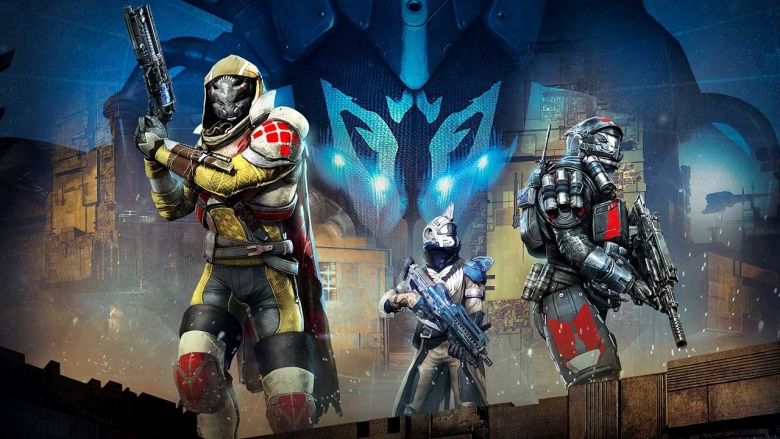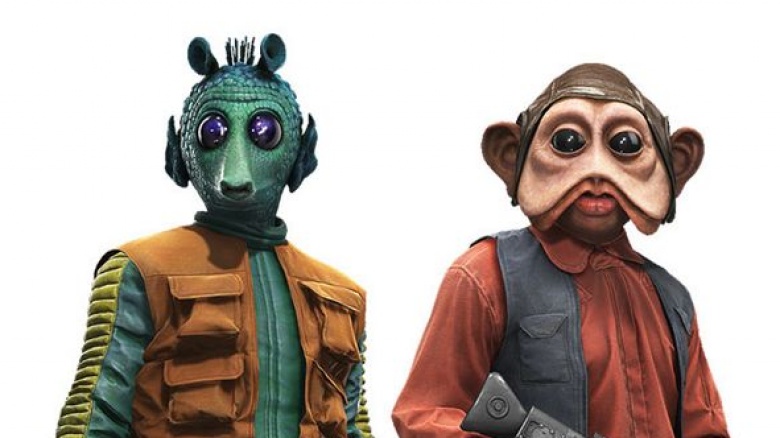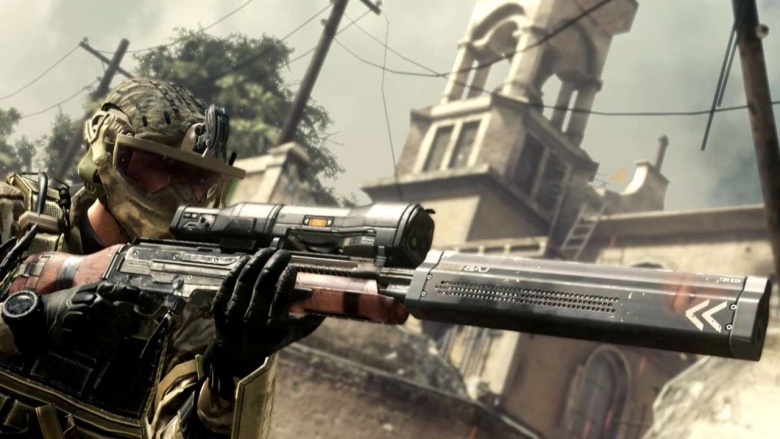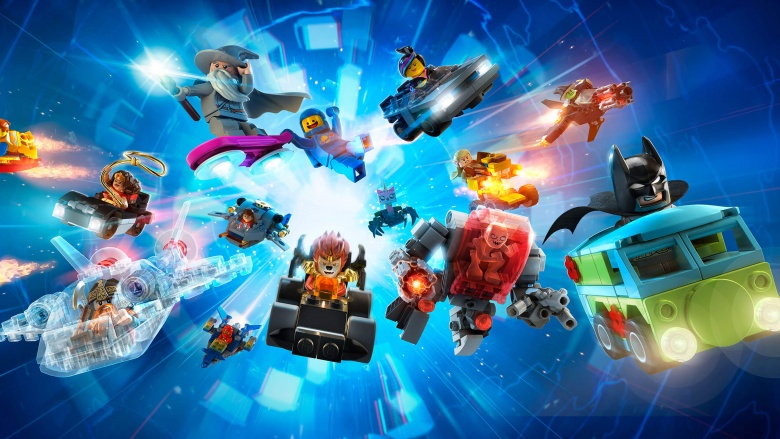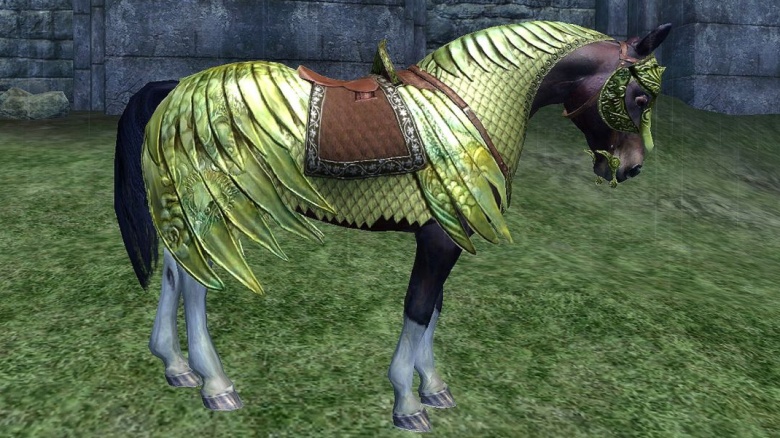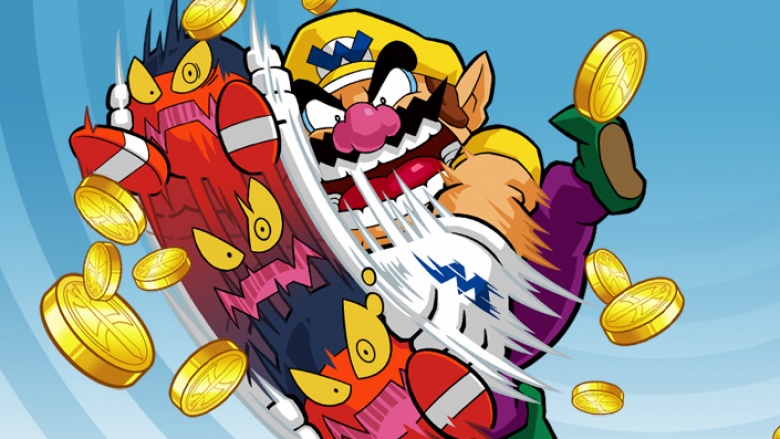Why You Should Never Purchase DLC
Downloadable content, or DLC, has become the bane of modern gamers. Back in the golden age of gaming, when you bought a $50 game, it was yours to keep and you got the whole thing at once. Today, when you purchase a game, you generally only get part of it, and have to pay in installments to get any additional parts deemed nonessential to the most basic play. Developers and publishers continue to hold content hostage, but gamers are beginning to rebel against the evils of DLC. The first step is to stop negotiating with digital terrorists...and here's why.
Deluxe Editions
Generally, after a game is released, DLC will trickle out for the game over the course of a year, or for however long it takes the company to decide to stop supporting it. Unless you absolutely need to play this content early, which you should only be doing if you do Let's Play videos or Twitch Streams, or otherwise game on a competitive level, you can just as easily wait for the complete edition to be released on disc later on, usually at the same price as the original. If you buy Day One games, you're essentially buying a slightly post-beta release, when the real thing is just over the horizon. Do you want your chicken sandwich rare, or well done? Hint: one might kill you.
Keeping content
Managing content on your console's hard drive is a nightmare when it comes to DLC. In some cases, any DLC you purchase will be inextricably tied to the game you've purchased it for, so if you need to free up some space by deleting Yennefer's bonus bustier in Witcher 3, you may just have to delete the whole game. In other cases, any DLC that you don't backup may simply disappear from availability when you decide to play the same game a few years down the road and re-download what you've already paid for. This stuff does not exist in perpetuity. Investing in un-resellable data is pretty much as useful as investing in pogs.
Double the funds
It's unfortunate, but the existence of DLC has enabled impatient game companies to release incomplete games. Expectations have slowly shifted to permit publishers to just finish building their games post-release in order to hit release dates or beat similar games to market. Because nothing in life is free, it's now normalized that those who have purchased a game will pay again for this missing content. The concept of DLC started innocently enough, with companies offering genuinely great augmentations to their existing games, but now, vital parts of games are being left off just to sell them later on. It sucks when your $50 game becomes $100 after the fact.
Pass or fail
The most popular way to sell DLC is a season pass, which generally includes all released DLC over a period of time. The trick is that no one really knows what will be in a season pass ahead of time. For a game like Star Wars: Battlefront, which many have complained was incomplete, a season pass includes an undefined number of maps and mystery characters, leaving players wondering if they were paying for Chewbacca or Nien Nunb. Guess what? They got the flap-faced pilot in the first DLC release. If you like buying mystery meat, the season pass is for you. Just don't complain when you find a raccoon tooth in it.
Kick me
In a competitive game, people with greater skill should be the ones who win, not the people who drop the most cash on the newest DLC weapon or advantage. These kinds of purchasable items generally create a hostile environment for players who don't buy in, either because they won't or can't, and hostility isn't really that fun unless you're a sociopath. This itself seems like an argument for giving into the vice grips that DLC has around your joystick, but being a DLC user with a super-fancy gun that can only be bought makes you a target in some games. Everyone picks on the kid with the expensive backpack.
Toys-to-life
Because intangible DLC wasn't enough, games like Skylanders, Super Smash Bros., LEGO Dimensions, and Disney Infinity have all lured our young'uns into their sway by making extra game content in the form of physical toys, which are essentially keys to release content already included on game discs. While having a physical object to represent data has a little more validity and permanence than downloading a chunk of data, you're also looking at a cost that averages out around $12 per new character, and more for levels, and they add up very quickly. As DLC goes, toys are a pretty balanced interpretation of the phenomenon, but still not cheap.
Breakdown
There's an insane amount of inconsistency between publishers and games in terms of DLC, so it's generally very difficult to gauge the rewards for your investment until the reviews are in. Whether you're paying $5 for your character to look a little cooler or have a nicer fortress, or paying $25 for one more hour of play in a world you love, breaking down and keeping track of the cost of enjoyment is necessary. When you reach a dollar amount that you'd be ashamed to tell your friends about, it's time to stop.
On principle
If you give them an inch, they'll take a mile. Similarly, if you agree to buy a game that's missing a few elements, they'll gladly sell you an empty box and sell the missing parts to you later. While it's impossible to stage a large scale financial rebellion among a demographic that's known for being impulsive with their money, it's important to look at the slow decline of game satisfaction against the rise of DLC. The imbalance is not going to stop if it's profitable, and those profits come from your pockets. You can't make a valid complaint against DLC if you're also buying it, so put your money where your mouth is. And then don't spend it on imaginary junk.

